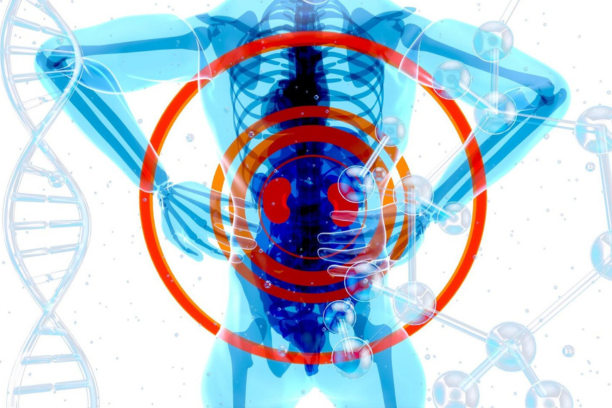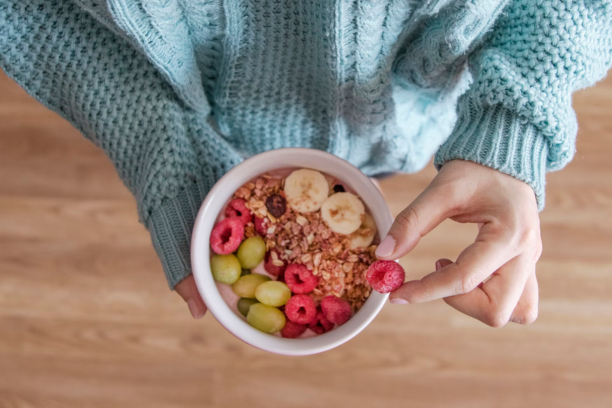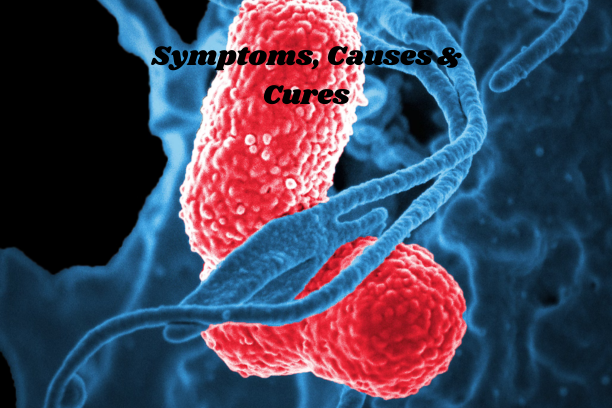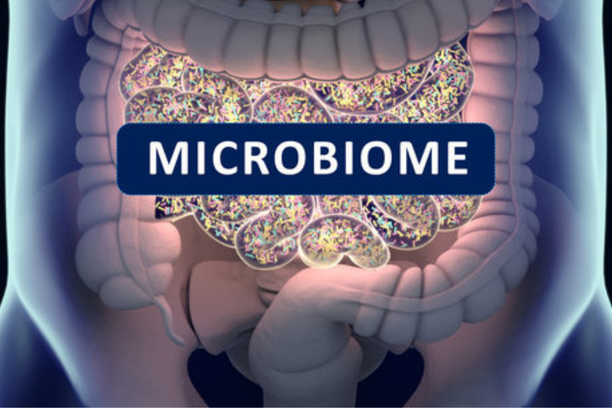Why Gut Health Matters More Than Ever in 2025
In 2025, gut health is no longer just a wellness buzzword; instead, it has become central to physical, mental, and even emotional wellbeing. Across the UK, USA, and Canada, more people are realizing that a healthy gut microbiome plays a vital role in everything from digestive health and immune system function to mood regulation. Furthermore, the connection between the gut and brain known as the gut-brain axis is now well-established, directly influencing anxiety, depression, and even cognitive clarity. For readers interested in related topics, exploring guides on best probiotics for gut health or natural ways to balance the microbiome can provide practical next steps.
With the rising prevalence of processed foods, stress, and antibiotic overuse, many are turning to natural methods to improve gut health. Whether you’re suffering from bloating, fatigue, or frequent illness, chances are your gut microbiome needs attention.
What Is the Gut Microbiome and How Does It Work?
The gut microbiome refers to the trillions of bacteria, viruses, and fungi that live in your digestive tract. In fact, these microorganisms not only help digest food but also synthesize vitamins. Moreover, they regulate the immune system and produce short-chain fatty acids that, in turn, nourish the colon lining.
A balanced intestinal microbiota is essential for avoiding issues like chronic inflammation, leaky gut syndrome, and irregular bowel movements. When disrupted by stress, antibiotics, or poor diet, this balance can lead to various health problems.
In short, maintaining a diverse and thriving microbiome is foundational to overall health.
Best Daily Habits to Improve Gut Health Naturally
Building daily habits to support digestive health is one of the most sustainable and effective ways to improve your microbiome. Here are simple yet powerful actions:
- Start your morning with warm lemon water to stimulate digestion.
- Chew your food thoroughly to activate digestive enzymes.
- Move daily gentle walks and stretching stimulate bowel activity.
- Minimize chronic stress through meditation, journaling, or breathwork.
- Sleep 7-9 hours per night to allow your gut to repair and reset.
These natural habits are universally applicable across the UK, US, and Canadian lifestyles, making them practical and effective.
Top Gut-Friendly Foods You Should Eat Every Day
Your daily diet is one of the strongest tools for gut healing. Focus on microbiome-friendly foods like:
- Fermented foods: Yogurt, kefir, kimchi, sauerkraut, miso.
- Prebiotic fibers: Oats, bananas, garlic, onions, leeks.
- Polyphenol-rich foods: Berries, dark chocolate, green tea.
- Leafy greens and whole grains: Essential for a fiber-rich diet.
Eating a variety of these foods can help restore gut flora, support regular bowel movements, and enhance immune function.
Should You Take Probiotics or Prebiotics? Explained
Navigating supplements can be tricky, especially with the rising popularity of probiotics for gut health. In general:
- Probiotics introduce beneficial bacteria to your gut. They’re great after antibiotic use or during periods of stress.
- Prebiotics feed the good bacteria already present in your microbiome.
Look for clinically studied strains like Lactobacillus rhamnosus or Bifidobacterium longum. In particular, these are commonly recommended by doctors in the UK and North America. Furthermore, for older adults, consider the best probiotics for gut health over 50 since they often include added digestive enzymes for extra support.
Personalized Microbiome Tests: Are They Worth It in 2025?
With advancements in functional medicine, personalized microbiome testing is trending across the UK, USA, and Canada. As a result, these kits provide detailed reports on your gut flora composition, suggesting foods and supplements tailored to your unique needs.
Moreover, many UK doctors now offer gut health protocols based on these reports, thereby helping individuals manage IBS, inflammation, and even mental health symptoms.
What to Avoid: Foods That Destroy Your Gut Digestive Health
Equally important as what you include is what you avoid. Here’s what to reduce or eliminate:
- Ultra-processed foods packed with preservatives.
- Refined sugar and high-fructose corn syrup.
- Artificial sweeteners like sucralose and aspartame.
- Alcohol and unnecessary use of antibiotics.
These disrupt the delicate balance of your gut flora and contribute to leaky gut, bloating, and gut-related mood swings.

Mind-Gut Connection: How Mental Health Is Tied to Your Microbiome
More than ever, science confirms that your gut health affects anxiety and mood. The gut-brain connection explains why stress can cause stomach issues and why poor digestion may worsen mental health.
Simple mental health tools for gut healing:
- Mindful breathing
- Gratitude journaling
- Nature exposure
Addressing mental health is a crucial piece of gut recovery.
Location-Specific Gut Health Tips (UK, USA, Canada)
Each region offers unique resources for supporting gut health:
- UK: Try traditional fermented foods like kefir and sourdough. Local brands offer excellent prebiotic-rich meal plans.
- USA: Widespread access to personalized microbiome tests and functional doctors.
- Canada: High-quality probiotic brands like Bio-K and Genestra are widely available. Cold climate? Focus on warming gut-healing foods like bone broth and root veggies.
Actionable Checklist for Gut Health Optimization
- Drink lemon water first thing in the morning.
- Eat 1-2 servings of fermented foods daily.
- Get 30 minutes of movement.
- Practice mindfulness.
- Limit ultra-processed foods.
- Sleep at least 7 hours.
- Consider a personalized gut health test if issues persist.
Final Thoughts
Improving your gut health doesn’t require a massive lifestyle overhaul. By incorporating a few science-backed daily habits, anyone regardless of location in the UK, USA, or Canada can begin to optimize their gut microbiome naturally. The key is consistency, awareness, and listening to what your body (and your gut) is telling you.
FAQs
How fast can you heal your gut?
Many people start seeing improvements within 2-4 weeks of consistent habits.
Can gut health affect skin conditions?
Yes, conditions like eczema and acne are often tied to poor gut flora.
Should I take probiotics daily?
It depends on your condition. Consult a professional or consider a microbiome test for tailored advice.




